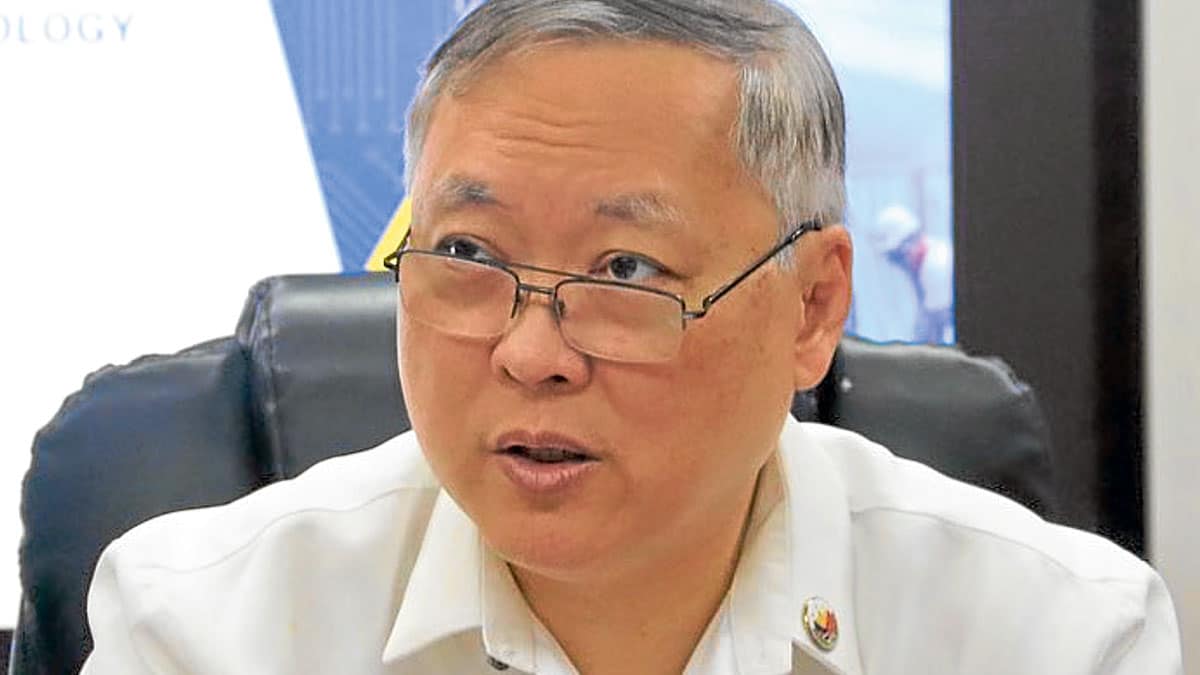
Ivan John Uy
MANILA, Philippines — The government must ensure that regulations on artificial intelligence (AI) strike a balance between innovation and governance, Information and Communications Technology Secretary Ivan John Uy said Wednesday.
Uy stressed the need for careful legislation, warning that overregulation could stifle technological advancements.
“Legislation should strike a balance. Because with innovation, over-legislation can stymie innovation. And that’s what we don’t want to happen,” Uy said during the Kapihan sa Manila Bay forum.
He emphasized that AI regulation should align with global best practices, as AI is a worldwide concern.
“We have to look at how the rest of the world is addressing this. AI is not an issue that is only in the Philippines. It’s all over the world,” Uy said.
While encouraging innovation, Uy also highlighted the need for governance policies to ensure AI is used ethically and responsibly.
“We do not want to overregulate so much that it destroys our opportunities to utilize this technology. But at the same time, we need to provide good governance policies in order to ensure safety, in order to ensure ethical use of the technology,” he added.
Uy also pointed out AI’s potential for both constructive and destructive purposes, underscoring the importance of regulations to prevent misuse.
“Basically, AI for good and not to spread misinformation or disinformation. Not used to destroy but used to build—constructive and not destructive,” he said.
READ: Philippine AI regulations and its high-tech future
Uy’s statement came as lawmakers deliberate House Bill No. 10567, which seeks to regulate AI use in the Philippines, particularly before the May 2025 midterm elections, amid concerns over cybersecurity threats and deepfakes.
The bill aims to curb the spread of deepfakes, or digitally altered images, audio, or video recordings that misrepresent victims.
Under the measure, producers and distributors of deepfake materials who fail to disclose that their content is manipulated will face fines of up to P5 million.
Aside from this, several other AI-related bills are pending in the House of Representatives:
- House Bill No. 9448 – Protection of Labor Against Artificial Intelligence Automation Act, which prohibits the use of AI as the primary basis for hiring and terminating employees
- House Bill No. 7913 – Artificial Intelligence Regulation Act, which proposes an “AI Bill of Rights” to protect against the unsafe use of AI
- House Bill No. 7396 – Artificial Intelligence Development and Regulation Act of the Philippines, which seeks to establish the Artificial Intelligence Development Authority to oversee AI-related policies

